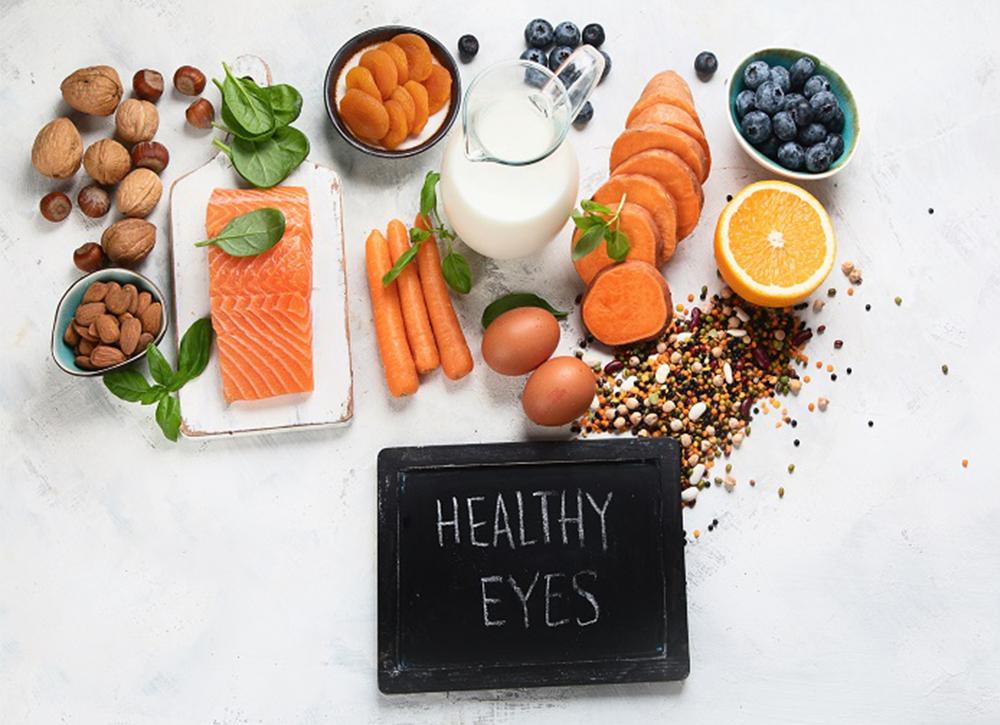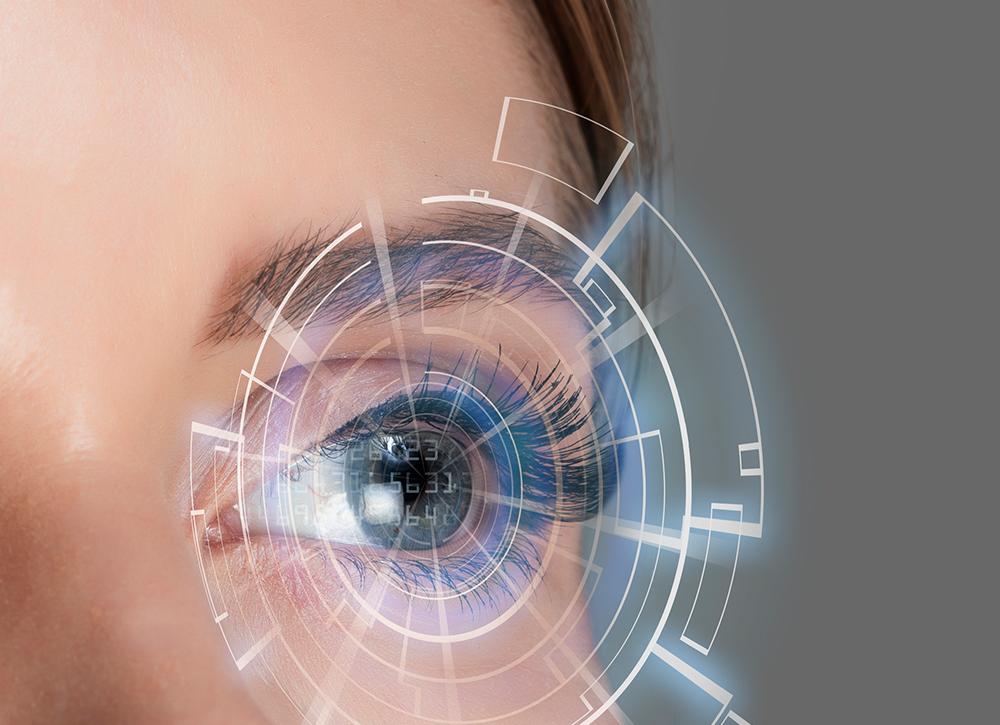When it comes to nutrients needed by the eyes, most people think of vitamin A. If vitamin A is lacking, the eyes will suffer from night blindness. This is what we have been popularized by biology teachers since we were in middle school. It is said that you can't be picky eaters when you eat, and you should eat more carrots, which is good for your eyes.
Carrots are rich in β-carotene. β-carotene can be converted into vitamin A in the body. Vitamin A is an important substance that constitutes rhodopsin on photoreceptor cells. If vitamin A is sufficient, more rhodopsin can be synthesized so as to improve your night vision ability and improve night blindness.
Of course, the nutrients needed by the eyes are not just vitamin A. As long as the eyes are open, the light will continuously enter the eyes. In order to prevent the light energy from damaging the eyes, the eyes must have their own light protection mechanism, and some of the nutrients will also participate in it.
Vitamin A
Vitamin A can form the photosensitive material on the surface of the retina, and night blindness is caused by the lack of vitamin A. Staring at the computer screen for a long time will consume a lot of vitamin A. The most common food rich in vitamin A is animal offal, but it contains high cholesterol and is not suitable for large amounts of consumption. It is recommended to eat foods containing more β-carotene, such as carrots, spinach, and other green and yellow vegetables, yellow fruits, eggs, dairy products, etc., because on average, 1/6 of β-carotene is converted into vitamin A in the body. However, vitamin A and β-carotene are fat-soluble, and it is better to eat them with fat, so it is best to eat them after meals.
Carotenoid
In addition to β-carotene, other members of the carotenoid family, such as lutein and zeaxanthin, contribute to eye health. The sources of carotenoids include dark yellow, dark green, and red fruits and vegetables, such as pumpkin, green pepper, tomatoes, corn, papaya, cantaloupe, mango, watermelon, etc. Lutein and zeaxanthin can be found in dark green leafy vegetables such as spinach, kale, mustard greens, and celery.
B vitamins
B vitamins are related to the health of the optic nerve and also protect the cornea. Lack of B vitamins is prone to neuropathy, neuritis, photophobia, blurred vision, tearing, etc. Whole-grain foods such as brown rice, germ rice, and whole wheat bread, as well as liver, lean meat, yeast, milk, beans, green vegetables, etc., are rich in B vitamins.
Vitamin C
Guava, kiwi, papaya, orange, tangerine, grapefruit, strawberry, etc. contain more vitamin C. At the same time, the vitamin C of seasonal fruits is higher. Some vegetables have both vitamin C and β-carotene, such as green peppers, kale, broccoli, spinach, tomatoes, and so on. But vitamin C is afraid of heat, light, and iron pans. It is best to eat raw as much as possible to reduce nutrient loss.
Vitamin E
Vitamin E is also an antioxidant. Vegetable oils (such as olive oil, soybean oil, peanut oil, sunflower oil, etc.), nuts (such as walnuts, almonds, cashews, peanuts, pine nuts, sunflower seeds, etc.), wheat germ, are all good supplements of vitamin E.
Anthocyanins
Anthocyanins, an antioxidant, can enhance night vision and slow down macular degeneration. Red, purple, purple, blue, and other colored vegetables, fruits, or berries, such as red beets, blueberries, cranberries, black cherries, purple grapes (skins), California plums, etc., all contain anthocyanins.
Protein
Rhodopsin on the retina of the eye is composed of protein. A lack of protein can lead to the insufficient synthesis of rhodopsin and visual impairment. Therefore, you should always eat foods with higher protein content for your eyes, such as lean meat, fish, milk, eggs, and soy products.
Zinc
To scavenge free radicals, the body needs the help of minerals such as zinc. Moreover, studies have found that zinc deficiency may lead to macular degeneration. Zinc is found in all seafood such as oysters, shellfish, fish, and shrimp. In addition, wheat and nuts also contain zinc.





































